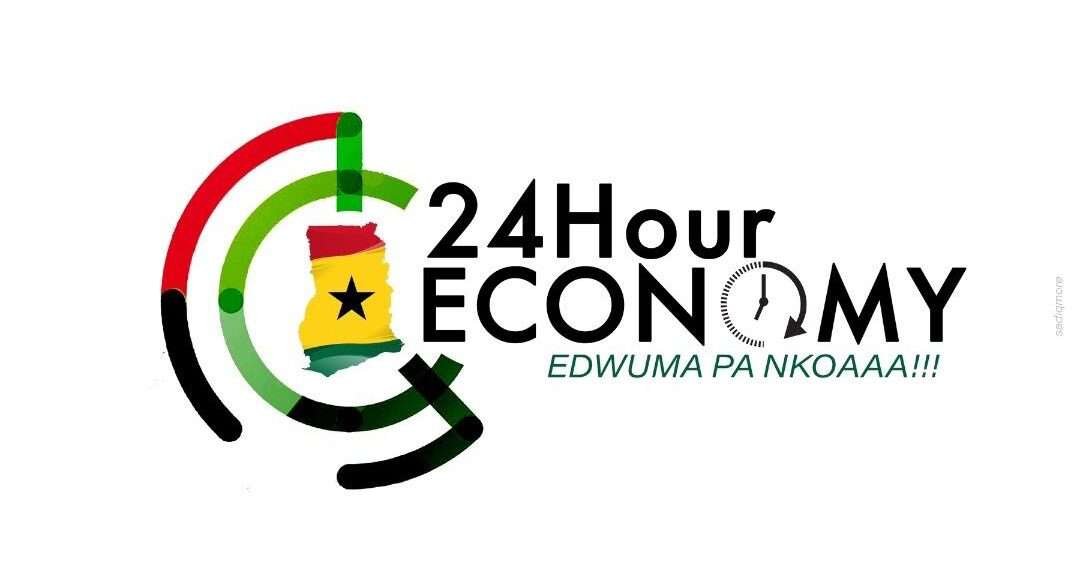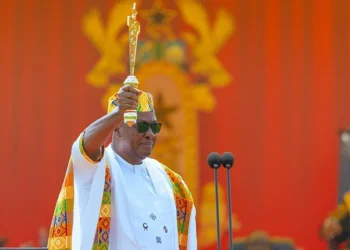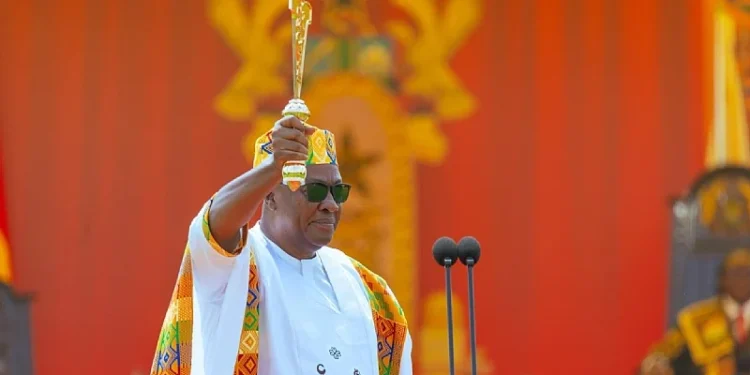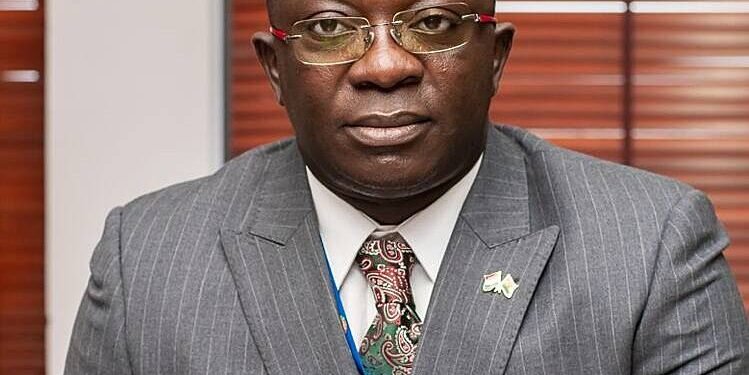As Ghana’s political discourse heats up around the proposed 24-hour economy policy, judgment over feasibility is emerging as a key concern.
Kofi Bentil, Vice President of policy think tank IMANI Africa, has voiced serious doubts about the initiative, framing it as a well-intended but potentially impractical campaign promise.
Bentil framed his remarks with a sharp distinction between campaigning and governance, saying that “campaign is poetry, governance is prose,” and that in governance, “you must deal with reality.”
While he expressed a personal wish for the policy to succeed, he did not hide his skepticism: “I wish it could work, but I know it won’t.”
The 24-hour economy policy has become one of the most talked-about agenda points of the current government, with some experts treating it as a silver bullet for productivity and job creation.
However, Bentil’s analysis sheds light on the hard economic realities that may hinder its execution.
Citing Goosie Tanoh, the Presidential Advisor on the 24-hour economy, Kofi Bentil emphasized the numerous prerequisites needed for the initiative to succeed.
Tanoh explained that “you must have capacity utilisation if you want to run a 24-hour economy, which allows you to implement the three-shift economy,” adding that this requires “qualitative products that are accepted and wanted by the market” and the ability to remain “price-competitive.”
Bentil then posed a series of pointed questions: “Do we? Do we? Are we? Can we?”—challenging whether Ghana currently has the necessary industrial capacity and competitiveness.
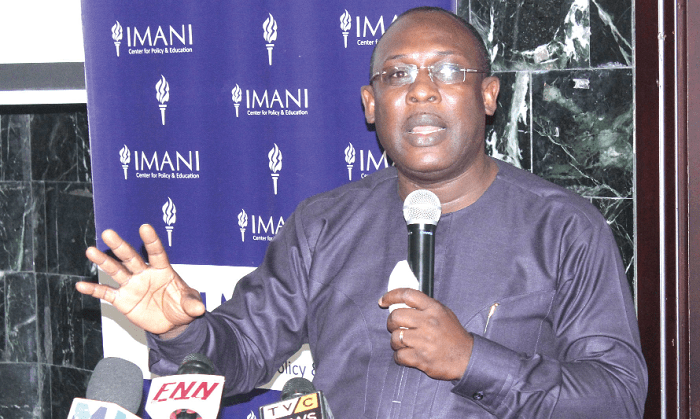
The most striking concern raised in Bentil’s critique is the financial implications of implementing the policy. He cited estimates that peg the cost at around $6 billion.
“That means 1.5 BILLION DOLLARS for each year of JM’s 4-YR Presidency. BTW [by the way], 6 months is already gone, so correct that to 1.7 BILLION DOLLARS for each year of the period left.
“Even if we have that money, would this be its best use? And we don’t have that money, so are you saying we will borrow this money for this purpose? And will we get all or part?”
Kofi Bentil
According to Bentil, without clear and convincing answers to these fundamental questions, the 24-hour economy policy runs the serious risk of becoming a costly and ill-advised national misadventure with limited long-term benefits.
24-Hour Economy Risks Collapse Over Feasibility Gaps
Kofi Bentil further made a pointed analogy to highlight the dangers of half-hearted implementation, emphasizing that partial commitment would render the entire policy ineffective.
He urged the government to make its intentions clear—either fully pursue the 24-hour economy with the necessary resources and planning or not pursue it at all.
Bentil also pressed for a detailed breakdown of the expected economic returns, stressing the need for transparency and clarity on measurable outcomes before any public funds are allocated to the initiative.

“I mean, we know how much it will cost, so please tell us in the same clear terms how much we are getting from this expenditure, otherwise please don’t spend the money!!”
Kofi Bentil
Bentil also raised alarms over the potential for financial mismanagement down the line, questioning whether the country might later be entangled in investigations aimed at uncovering “where the money was wasted and who stole what” rather than witnessing “the clear benefits of the huge open-ended expenditure.”
He cautioned that without strict oversight and accountability measures, such an ambitious policy could end up mired in scandal and inefficiency.
Concluding his remarks with a tone of cautious patriotism, he expressed hope for the nation’s progress while underscoring the critical need for wise decision-making and responsible governance.

“I wish us all well because we rise or fall together, but I sincerely won’t do this if it were me! Of course, it is not me at Jubilee, so I can only pray…”
Kofi Bentil
His remarks appear to strike a nerve among a populace already burdened with economic hardships and skeptical of big-budget projects that fail to deliver measurable benefits.
While Bentil stopped short of declaring the policy dead on arrival, his questions invite further public scrutiny and policy transparency.
The debate over the 24-hour economy shows no signs of slowing down. As the government pushes forward with its agenda, stakeholders and citizens alike will be watching closely for both fiscal accountability and implementation outcomes.
READ ALSO: EU Trade Commissioner To Visit US For Trade Talks

